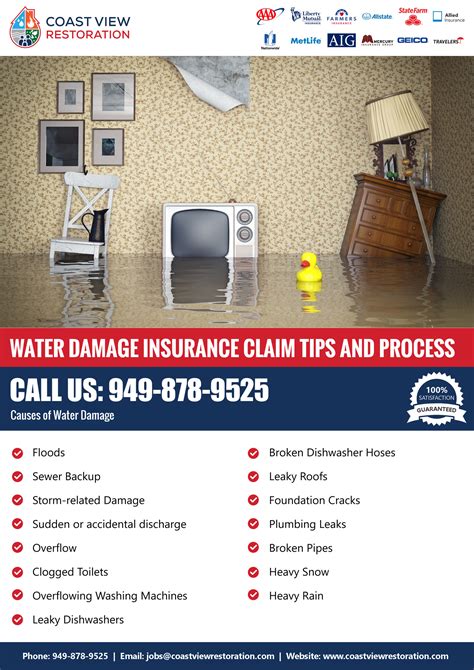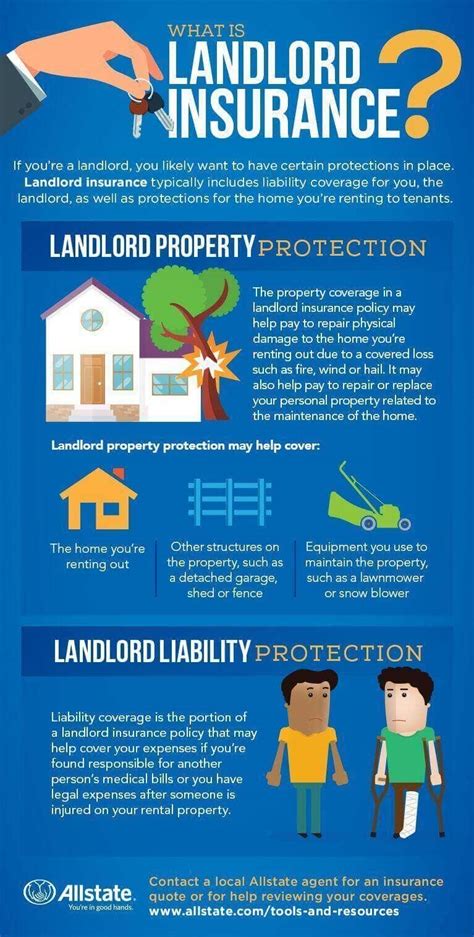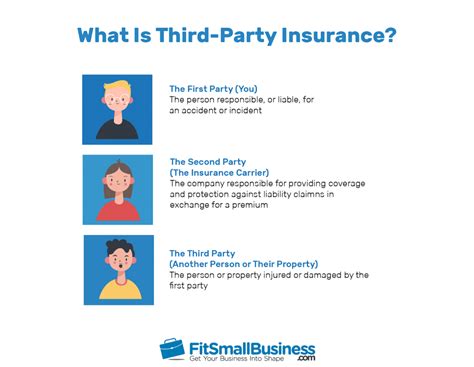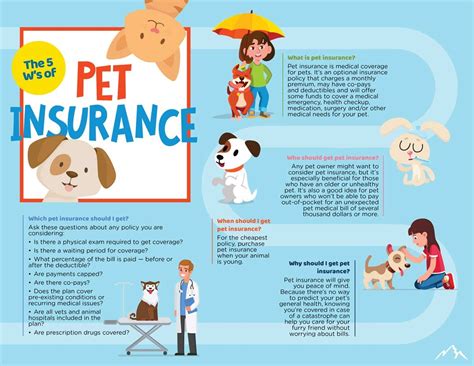Get insights on water damage insurance coverage, exclusions, claim filing, and maximizing benefits. Understand types of water damage covered for better protection.
Understanding Water Damage Insurance
Contents
Water damage insurance refers to a type of insurance policy that provides coverage for damage caused by water, such as flooding, burst pipes, or sewer backups. This insurance can be purchased as a standalone policy or as an add-on to an existing homeowners’ insurance policy. It is designed to help policyholders recover financially from the costs associated with repairing or replacing damaged property.
One of the key aspects of water damage insurance is understanding what is covered and what is not. Most policies will cover damage caused by sudden and accidental water discharge, such as a burst pipe or overflowing bathtub. However, they may not cover damage caused by gradual leaks or flooding from natural disasters. It’s important to carefully review the policy to understand the specific coverage and exclusions.
It’s also important to understand the process of filing a claim for water damage insurance. This typically involves documenting the damage and submitting a claim to the insurance company. The insurer will then assess the claim and determine the amount of coverage provided. It’s important to keep thorough records and communicate openly with the insurer throughout the process.
When dealing with water damage insurance, there are also tips and strategies that can help policyholders get the most out of their coverage. This may include taking preventative measures to minimize the risk of water damage, such as installing sump pumps or maintaining plumbing systems. It may also involve working with reputable contractors and restoration professionals to ensure that the damage is properly assessed and repaired.
Coverage and Exclusions in Water Damage Insurance
Water damage insurance is a type of insurance that provides coverage for damage caused by water, such as flooding, burst pipes, and leaks. The coverage provided by water damage insurance can vary depending on the policy and insurance provider. It is important for homeowners to understand what is covered by their water damage insurance policy and any exclusions that may apply.
One common exclusion in water damage insurance is damage caused by gradual leaks or seepage. This means that if the water damage is the result of a slow, ongoing leak, it may not be covered by the insurance policy. It is important to carefully read the policy to understand what types of water damage are covered and what is excluded.
Another common exclusion in water damage insurance is damage caused by flooding. Many insurance policies do not cover damage caused by natural disasters such as floods. Homeowners who live in areas prone to flooding may need to purchase a separate flood insurance policy to ensure they are adequately covered.
It is also important to note that water damage insurance typically does not cover damage caused by neglect or lack of maintenance. If the water damage is the result of a preventable issue, such as failure to fix a leaky pipe, the insurance may not cover the damage. Homeowners are responsible for properly maintaining their property to prevent water damage.
In conclusion, understanding the coverage and exclusions in water damage insurance is essential for homeowners. By knowing what is covered by the policy and any exclusions that may apply, homeowners can ensure they are adequately protected from water damage. Reading the policy carefully and considering any additional insurance coverage, such as flood insurance, can help homeowners avoid costly surprises in the event of water damage.
Types of Water Damage Covered by Insurance
When it comes to water damage insurance, it’s important to understand what types of water damage are covered by your policy. In general, most insurance policies will cover damage caused by sudden and accidental water damage, such as burst pipes or a leaking water heater. This type of damage is typically covered under a standard homeowners insurance policy. However, there are certain types of water damage that may not be covered, such as damage caused by flooding or sewage backup.
One type of water damage that is commonly covered by insurance is damage caused by weather-related events, such as heavy rain, snow, or windstorms. If your home sustains water damage due to a severe storm, your insurance policy may help cover the cost of repairs. It’s important to review your policy to understand exactly what types of weather-related water damage are covered, as some policies may have specific exclusions for certain types of weather events.
In addition to weather-related water damage, insurance policies may also cover damage caused by accidental water discharge. This could include a burst pipe, an overflowing toilet, or a malfunctioning appliance, such as a washing machine or dishwasher. If any of these events result in water damage to your home, your insurance policy may help cover the cost of repairs.
It’s important to note that not all insurance policies are the same, and the types of water damage covered can vary depending on the specifics of your policy. It’s always a good idea to review your policy and speak with your insurance agent to understand exactly what types of water damage are covered, as well as any exclusions or limitations that may apply.
Filing a Water Damage Insurance Claim
When it comes to filing a water damage insurance claim, it’s important to understand the process and what is required of you as the policyholder. The first step is to carefully review your insurance policy to determine what type of water damage is covered and what the exclusions are. This will give you a clear understanding of what to expect when filing a claim.
Next, it’s important to document the damage thoroughly. This includes taking photographs and videos of the affected areas, as well as making a detailed list of damaged items. This documentation will be crucial when filing your claim and will help ensure that you receive the proper compensation for the damage.
Once you have gathered all necessary documentation, it’s time to contact your insurance company to file the claim. Be sure to provide them with all of the evidence you have collected, as well as any additional information they may require. It’s important to be thorough and transparent when filing your claim to avoid any delays or complications in the process.
After you have filed your claim, the insurance company will typically send out an adjuster to assess the damage and determine the appropriate compensation. It’s important to be present during the inspection to provide any additional information or evidence that may be needed. Once the assessment is complete, the insurance company will review the claim and provide you with a decision.
It’s important to remember that filing a water damage insurance claim can be a complex and time-consuming process. However, by being proactive and organized, you can increase the likelihood of a successful claim and ensure that you receive the proper compensation for the damage to your property.
Tips for Getting the Most Out of Water Damage Insurance
Water damage insurance can be a lifesaver when unexpected incidents occur. However, it’s important to understand how to maximize your benefits to get the most out of your policy. Here are some tips for getting the most out of water damage insurance:
1. Review Your Policy: Take the time to carefully review your insurance policy to understand what is covered and what is not. Pay attention to any exclusions and limitations so that you are aware of your rights in the event of water damage.
2. Document Everything: In the event of water damage, it is crucial to document the damage thoroughly. Take pictures and videos of the affected areas, and keep a detailed record of any expenses related to repairs or replacements.
3. Act Quickly: When you notice water damage, it is important to act quickly to prevent further damage. This may include turning off the water source, drying out the affected areas, and contacting your insurance company to file a claim as soon as possible.
4. Work with Professionals: It’s important to work with reputable professionals when dealing with water damage. This not only ensures that the damage is properly assessed and repaired, but also provides documentation for your insurance claim.












